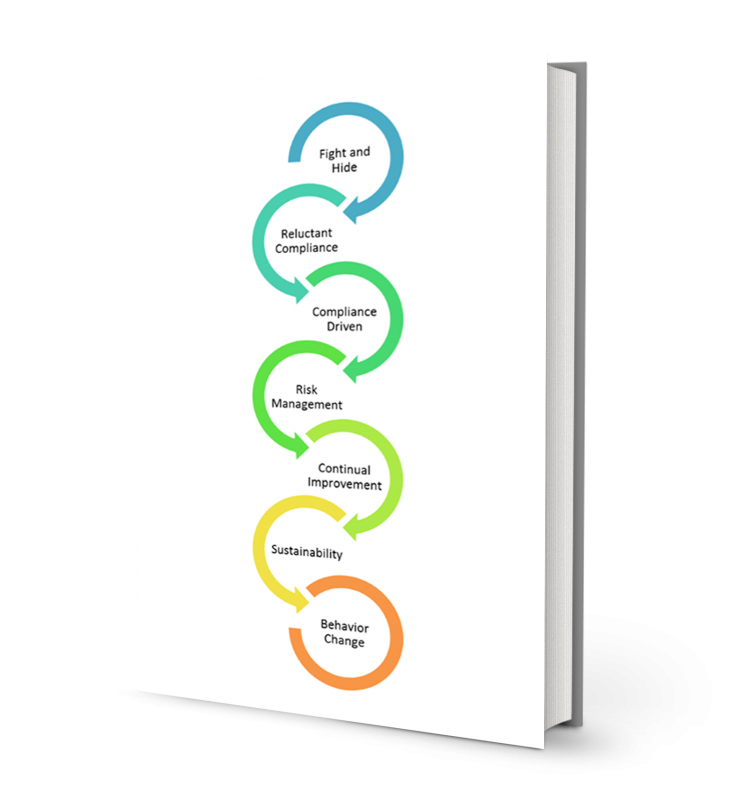IMPLEMENTATION OF BLENDED LEARNING FOR EFFECTIVE INSTRUCTIONAL DELIVERY IN HIGHER INSTITUTIONS IN SOCIO-POLITICAL UNCERTAINTY IN ANAMBRA STATE, NIGERIA
Okoye, Chinyere Celina
+2348063689971 cce.okoye@unizik.edu.ng Faculty of Education, Nnamdi Azikiwe University Awka Anambra State
Udenwa, Victoria Chidiebele
+2348033072125 vc.udenwa@unizik.edu.ng Faculty of Education, Nnamdi Azikiwe University Awka Anambra State
Ikwuka, Obiagel Ifeoma
+2348035954383 oi.ikwuka@unizik.edu.ng Faculty of Education, Nnamdi Azikiwe University Awka Anambra State
Ogben, Lucky Onyeisi
+23490349707404 luckyogben2017@gmail.com Faculty of Education, Nnamdi Azikiwe University Awka Anambra State
Socio-political uncertainty is the issue which threatens the free flow of academic activities and other activities of the state and the country at large. These uncertainties which range from poverty, killings, kidnappings, unknown gunmen issues, and Mondays’ sit-at-home among others are the issues observed by the researchers as disrupting the normal and daily activities of schools. This disruption makes many schools not being able to meet up with the teaching and learning activities of the school. Hence, this study investigated the implementation of blended learning for effective instructional delivery during the period of socio-political uncertainty. Descriptive survey research design was adopted and two research questions utilized. The sample size for the study comprised 108 lecturers randomly selected from two out of four higher institutions in the study area using two-stage sampling procedures of purposive and simple random sampling. A-16 item questionnaire validated by three experts, which was tested using Cronbach Alpha and yielded reliability coefficients of 0.75 and 0.82 respectively for the two clusters was used for the study. Data collected were analyzed using mean. The findings of the study revealed that there are means of implementation of blended learning for effective instructional delivery during the period of socio-political uncertainty so as to maintain the free flow of instructional process. Based on the findings, it was recommended among others that higher institution lecturers should as a matter of importance acquire the necessary skills needed towards the implementation of blended learning for effective instructional delivery during the period of uncertainties.
Alonta, G.C., Obi, O. C. & Okolocha, C.C. (2022). Implementation of blended learning pedagogical models for effective teaching of business education in new normal. Nigerian Journal of Business Education, 9(1), 60-69. Basilaia, G., Dgebuadze, M., Kantaria, M. & Chokhonelidze, G. (2020). Replacing the classic learning form at universities as an immediate response to the COVID-19 virus infection in Georgia. International Journal for Research in Applied Science and Engineering Technology, 8(III). Bojovic, Z., Bojovic, P.D., Vujosevic, D. & Suh, J. (2020). Education in times of crisis: Rapid transition to distance learning. Computer Application Engineering Education, 28(6), 1467-1489. Buck, E., Tyrell, K., Block & Blend (2022). A mixed method investigation into the impact of a pilot block teaching and blended learning approach upon student outcomes and experience. J. Furth. High. Education, 1-14. Dhawan, S. (2020). Online learning: A panacea in the time of COVID-19 crisis. Journal Indexing and Metrics, 49(1). https://doi.org/10.1177/0047239520934018. Ikwuka, O.I., Okoye, A.C., Olanikawu, S.A., Udenwa, V.C., Okoye, C.C. and Ikwuka, D.C. (2021). Emergency remote teaching during COVID-19 pandemic lockdown: Nigeria university students’ perspective. Global Biosecurity, 2021; 3 (1). Jena, P.K. (2020). Impact of pandemic COVID-19 on education in India. International Journal of Current Research, 12. Magasu, O., Lubbungu, L., Mulima, O., Kamboni, L., Sakala, E. & Kapanda, B. (2022). Implementation of blended learning in higher learning institutions in Zambia: A case of Kwama Nkurumah University. European Journal of Education and Pedagogy, 3 (3), 214-218. Obamuyi, T. & Fapetu, O. (2016). The Nigerian economy in the face of socio- political challenges: A retrospective view and ways forward. International Journal of Finance and Banking Studies, 5(3), 32. DOI:10.20525/ijfbs.v5i3.128. Obiakor, T. & Adeniran, A.P. (2020). COVID-19: impending situation threatens to deepen Nigeria’s education crisis. Center for Study of the Economies of Africa (CSEA).https://media.africaportal.org/documents/COVID-19-impending- situation-Threatens-to-Depeen-Nigerian-Education-pdf Qualy, J.M. (2021). Income inequality and socio-political instability in sub-saharan Africa. Managing Global Transition, 19(1), 49-72. Rao, V. & Sekhar, C. (2019). Blended learning: A new hybrid teaching methodology. Journal for Research Scholars and Professionals of English Language Teaching, 3(13), 1-5. Usmani, S. (2021). COVID-19 pandemic and blended learning” A qualitative assessment of revised community of inquiry (RCol) framework. Journal of Education and Educational Development, 8(2), 338-358. Zainuddin, Z. & Keumala, C. M. (2018). Blended learning method within Indonesian higher education institutions. Journal Pendidikan Humaniora, 6(2), 69-77.

